The Al-Aqsa Mosque in occupied East Jerusalem, revered as one of the holiest sites in Islam, witnessed a significant gathering of worshipers during the third Friday of Ramadan, despite strict restrictions imposed by the Israeli authorities.
Al-Jazeera reported that approximately 100,000 Muslims gathered at the Al-Aqsa compound to perform Friday prayers, defying the barriers and obstacles erected by Israeli forces. The Islamic Waqf Department of occupied East Jerusalem stated that around 125,000 worshipers participated in the prayers, highlighting the special significance of praying at Al-Aqsa during the holy month of Ramadan.
However, worshippers faced significant challenges as Israeli forces set up barricades and closed several entrances to the mosque, obstructing Palestinians from accessing the site. The Taysir checkpoint east of Tubas and roads leading to Jericho were also closed, further restricting movement for worshipers.
Despite these obstacles, worshippers continued to flock to Al-Aqsa, determined to uphold their religious traditions and exercise their right to worship. Israeli forces deployed heavily in Jerusalem's Old City to maintain order, but no clashes were reported between worshipers and authorities.
The Al-Aqsa compound, covering 14 hectares, encompasses the Al-Aqsa Mosque and the iconic Dome of the Rock, both considered sacred in Islam. However, access to the compound has been increasingly restricted, with only 10 out of 15 gates currently in use and controlled by Israeli forces.
Over the years, the Al-Aqsa compound has been a flashpoint for clashes between Israeli forces and Palestinians, reflecting the ongoing tensions and disputes over control of the site. Despite these challenges, the determination of worshipers to pray at Al-Aqsa remains unwavering, underscoring the spiritual significance of the mosque for Muslims worldwide.



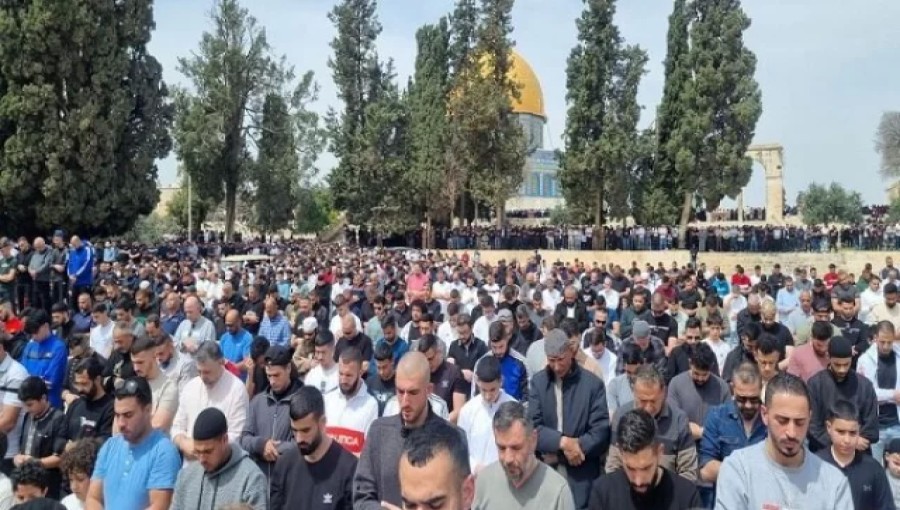


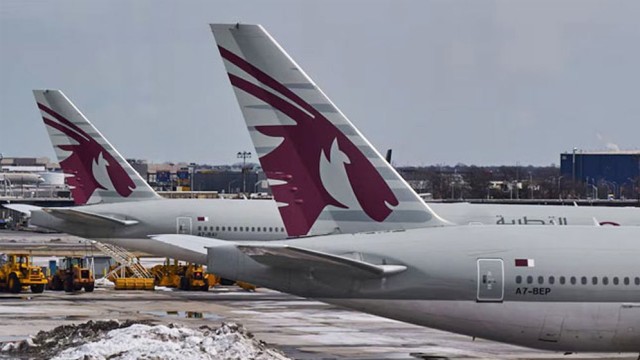
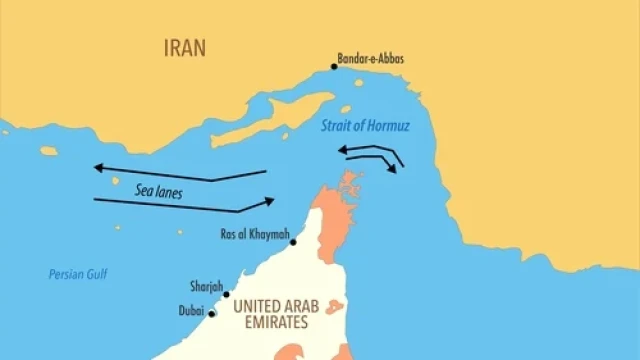

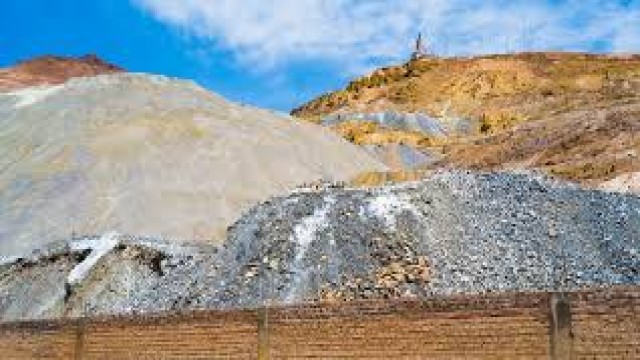

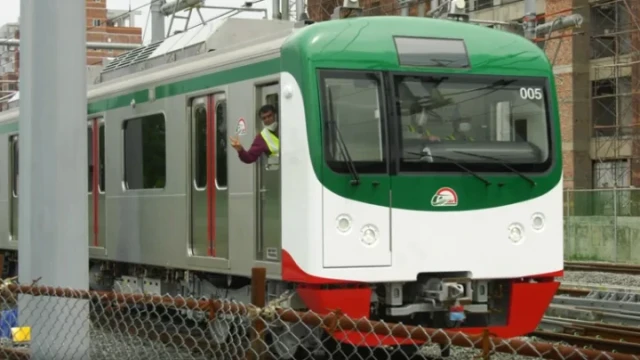
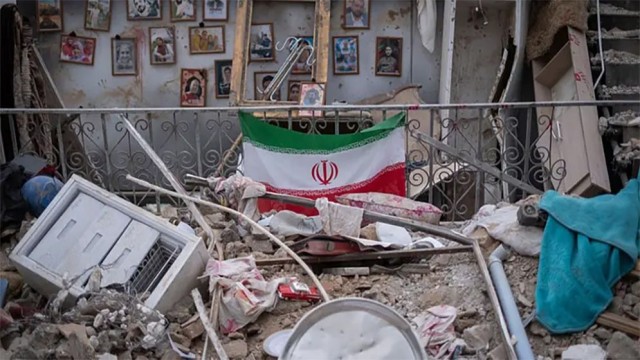
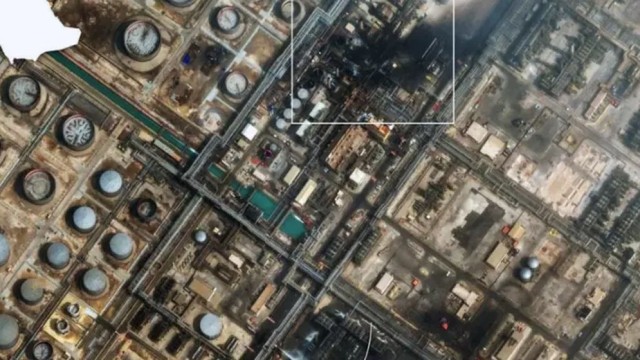
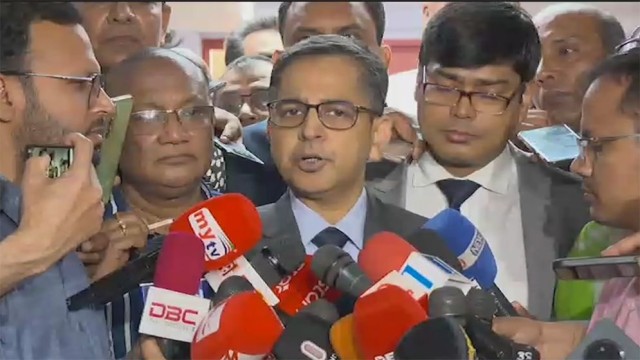
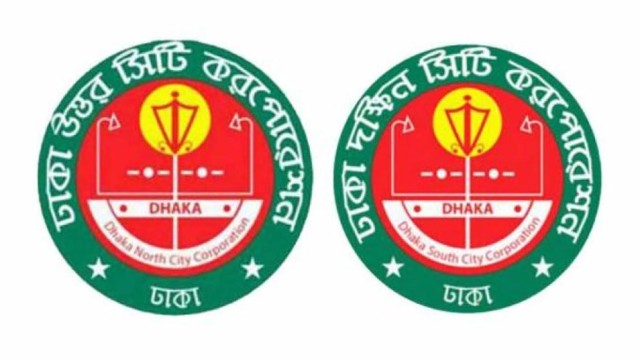
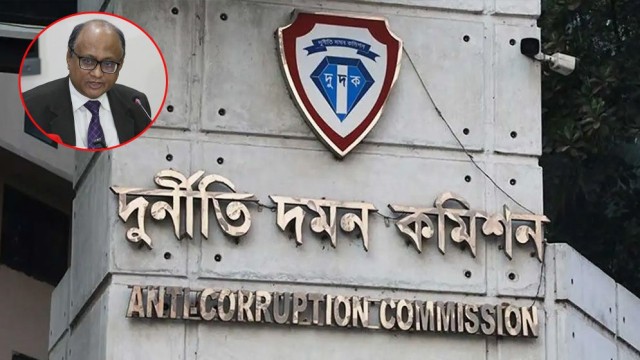
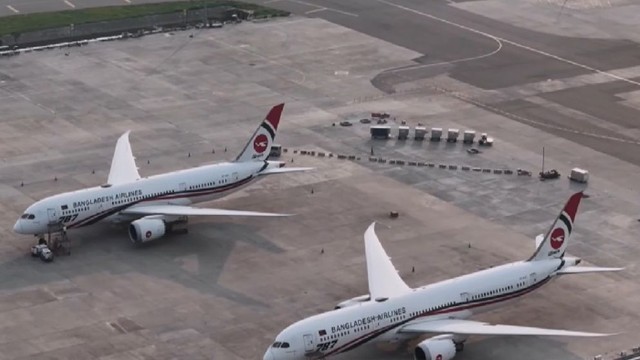











Comment: